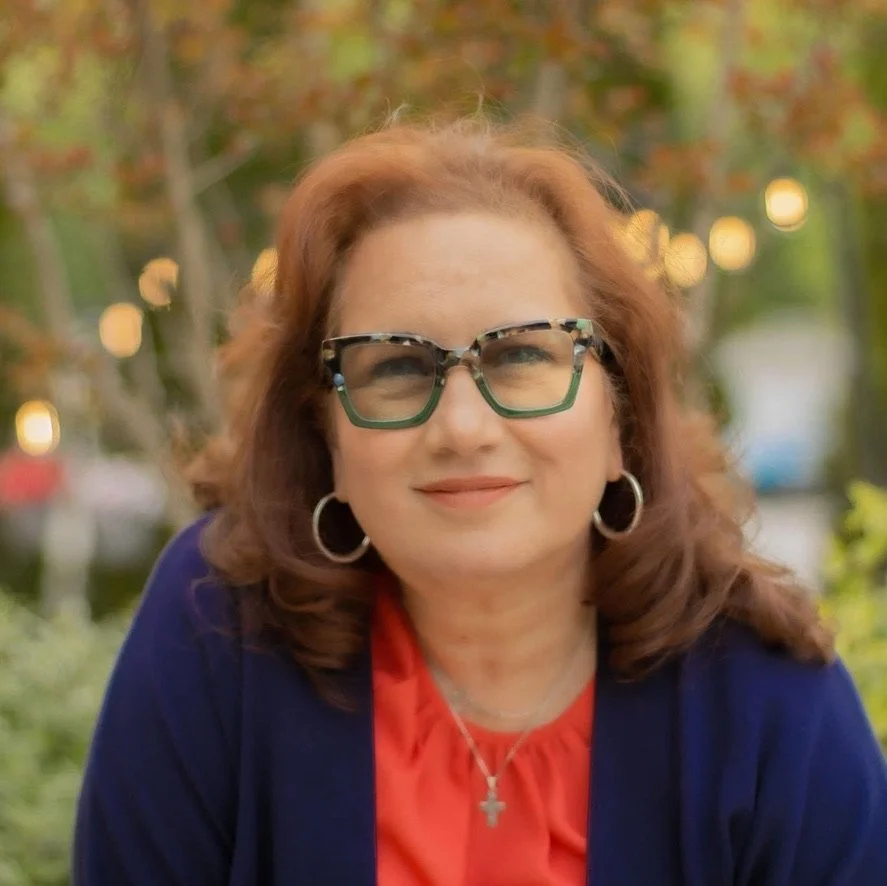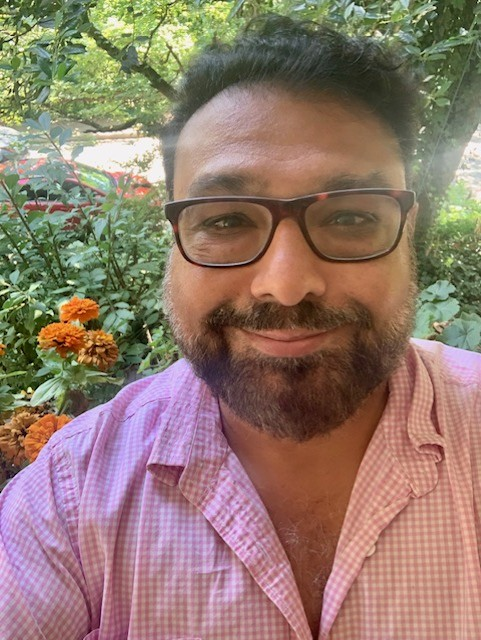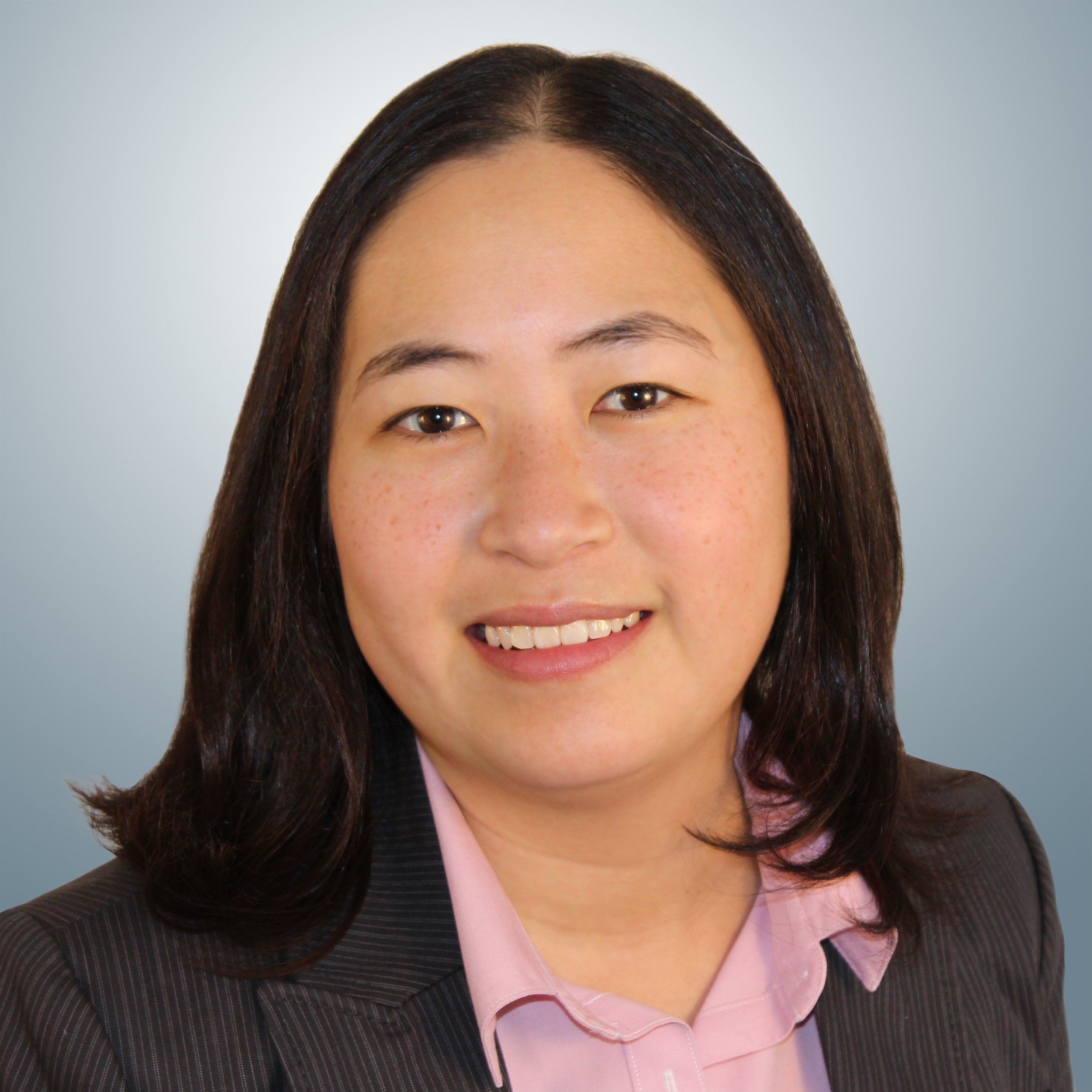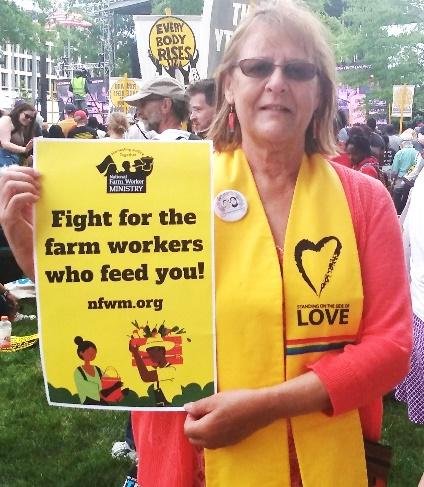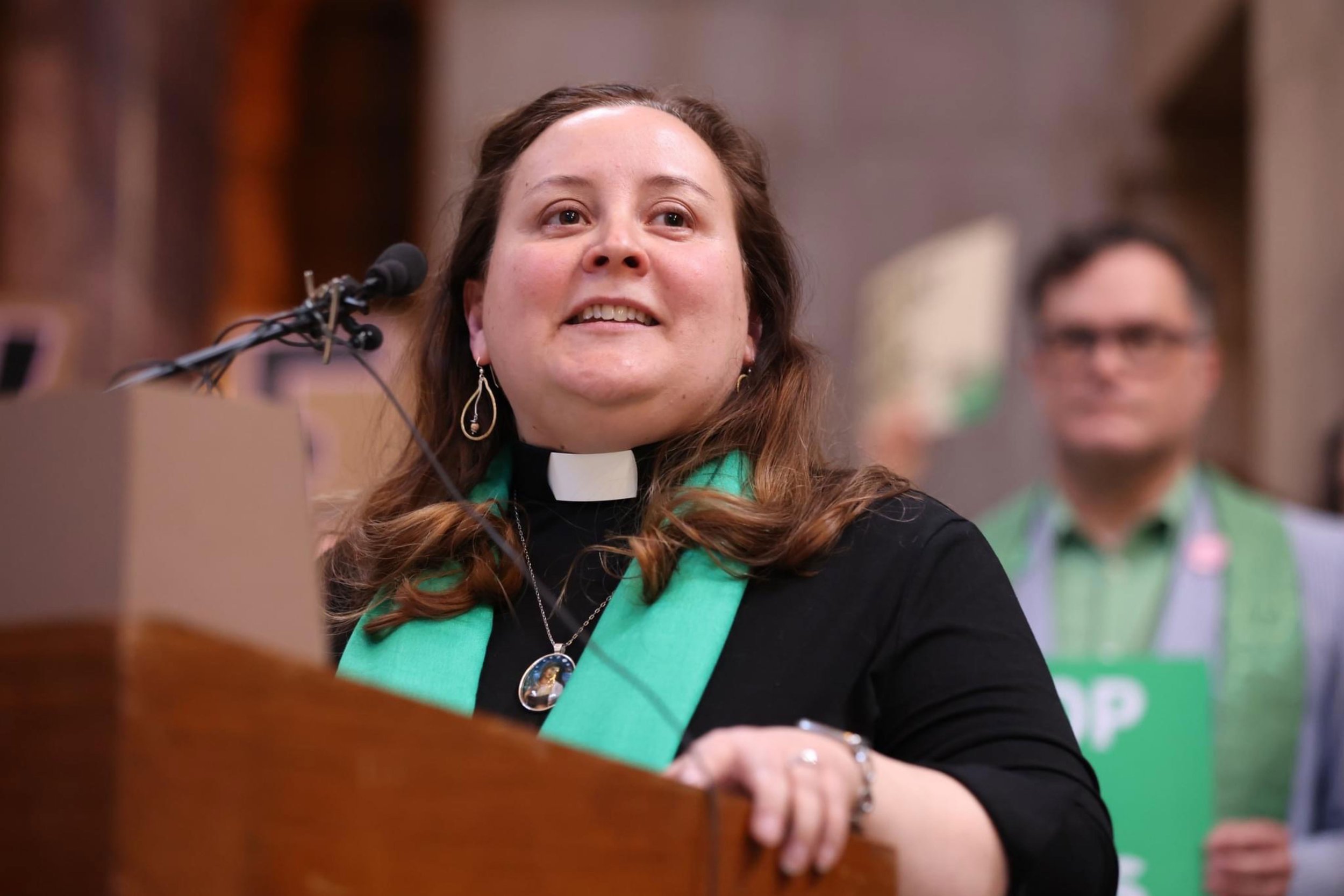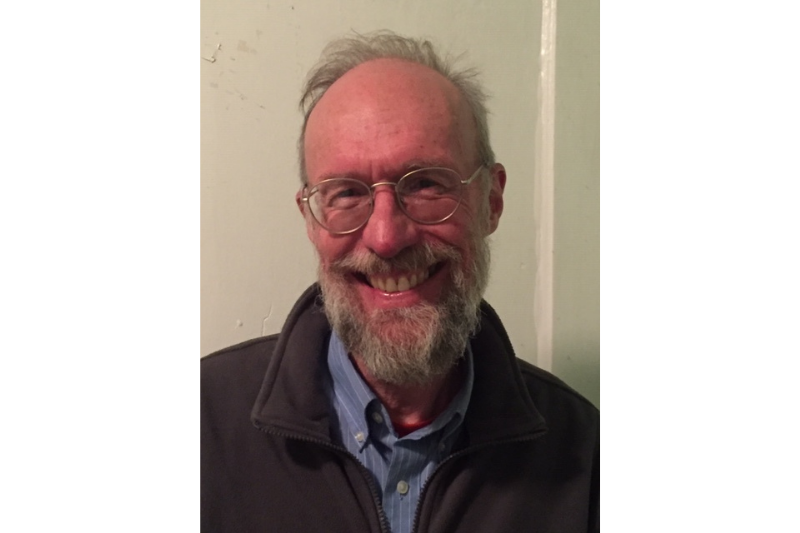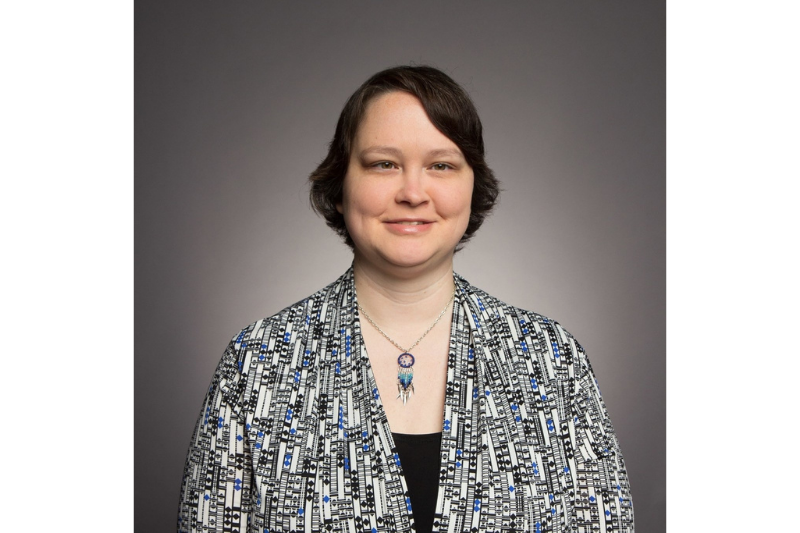Advent Devotionals
Access all of the MFSA Advent Devotion series below.
Las Posadas is a cherished tradition celebrated in Mexico and throughout many Latino communities across the world during the nine days leading up to Christmas, December 16–24. The word posadas means “lodging” or “shelter,” and the ritual reenacts the journey of Mary and Joseph as they search for a place to stay in Bethlehem before Jesus’ birth.
It is, in many ways, the quintessential immigrant story—a story of displacement, uncertainty, and the yearning to be welcomed.
But perhaps Las Posadas invites us to go even deeper. What if, rather than seeing the pilgrims only as humble figures meekly asking for entry, we recognize the radical courage in their persistence? What if Las Posadas is not only about the hospitality of the homeowner, but also about the unwavering dignity of those who stand at the door?
Lately, I’ve been thinking about courage, faith, and that joy might actually look a lot more like suffering than safety.
In February 2025, I left my home and family in the US to live in Berlin, Germany. My wife is a German citizen, a child of refugees and immigrants. I will never forget one Saturday morning in 2023, in our home in West Michigan, waking up to one of the earliest Israeli atrocities in the current intensification of the Palestinian genocide, and yet another anti-trans bill passed in the US.
“We need to make a plan to leave in the next few years,” she said.
For many of us believers, two kinds of reality confront us in this Advent season: the seeming darkness and despair of an increasingly violent world and the belief that darkness must and will give way to light.
The season of Advent during dark December challenges Christians (especially those of us in cold northern climates) to remember we are alive for a purpose and to be vigilant through the darkest times, in particular for those who are suffering.
These seasonal thoughts are bringing Palestine to my mind more vividly than any previous time of my life. I ponder the terrifying darkness that has beset the Palestinian people. The horrors that plague Gaza call me - and hopefully all of us - to deepest self-examination. Events in Gaza force us to see the potent existence of a modern, human-made hell, bringing judgment on those who seek to ignore or deny it.
The Christmas story is, at its core, a migration story—then and now. Jesus was born to an occupied people, became a refugee, belonged to a stateless community, fled the Roman state’s genocidal pogrom of infanticide, and lived under the grueling, everyday autocratic threat designed to diminish dignity and humanity among the oppressed. This setting is central to God’s choice to be incarnate among God’s people. God intentionally chooses to experience the world among and alongside marginalized and displaced people.
We live in a season when religious nationalisms of many kinds seek to define who we are, who God is, and what God desires for this pivotal moment in our shared history.
Advent is a time of waiting, of anticipation, and of hope. For many, this season is one of peace, love, and joy. Yet, for countless queer folks, the Advent of winter becomes a season marked by fear—fear of being seen, fear of being ignored, and perhaps worst of all, fear of being discarded. Family gatherings and holiday traditions, which should bring comfort and warmth, can often amplify rejection, loneliness, and the cruel insistence of conformity to heteronormative expectations. Added to this weight is the anxiety many carry as we approach a new presidency, where policies and rhetoric continue to threaten the dignity, safety, and rights of marginalized communities. In this tense and uncertain time, we long for spaces of peace, inclusion, and hope. Advent is a season of hope, yet I find myself moving through this time with exhaustion, longing, and fear.
Advent is traditionally a time of waiting, as Mary waited for her baby Jesus to be born. For me, it is also a time of quiet reflection as my energy lessens as the darkness comes earlier in the day, and lasts longer.
This Advent season finds many of us tired, and fearful of the future. For some of us, it feels as though we are waiting for the other shoe to drop, for more bad news that comes in a daily onslaught. For those of us who care about our immigrant friends, it is heartbreaking to hear of their fear of being detained and deported, of families breaking apart, of jobs lost and poverty worsening, of children being abandoned and entire communities on high alert.
I love this image of Mary. She is real, full of joyful relief and a touch of rage at finding tween Jesus. This Mary is never enshrined in stained-glass windows or lifted up in high art. There is no cathedral named Our Lady of Teen Mom. The Mary of art and culture is perfect, like superhuman perfect: her skin, no matter the hue, is without bump or blemish and she has zero need for the anti-acne, anti-wrinkle moisturizer. We most often see her after giving birth in a manger, yet there is no mess, not one hair out of place. There seem to be no hormones out of balance or worry or anything but her being calm, cool and collected … even when a kid with a drum shows up to solo. The images of Mary make her not only the Queen of Heaven, but the queen of breastfeeding …
As we enter this season of Advent, and our minds turn to celebrating the birth of Jesus, the image of “Christ in the Rubble” in Manger Square in Bethlehem last year looms foremost in my mind. Rev. Munther Isaac, pastor at the Evangelical Lutheran Church in Bethlehem, lamented last year over the deaths in Gaza and preached “If Jesus were to be born today, he would be born under the rubble in Gaza. If we, as Christians, are not outraged by the genocide, by the weaponization of the Bible to justify it, there is something wrong with our Christian witness, and we are compromising the credibility of our gospel message.”
In Advent we anticipate the coming of Christ, who is already with us but whose liberating presence is not yet fully revealed. Early Advent texts vividly portray apocalyptic images, warnings to keep awake, and John the Baptist’s fiery calls to repentance. This year, as we reflect on these texts “with the Bible in one hand and the newspaper in the other” (Barth), they come to life in contemporary scenes of war and slaughter in the Holy Land. Such images, together with mass shootings, persistent injustices, and climate breakdown, make clear the violence and destructiveness of what Walter Wink called “the domination system” and Marcus Borg calls “the normalcy of civilization.”
This is how the “Christmas story” ends (in Matthew), with the death of every male child in Bethlehem. Amidst the exaltations of “Peace on Earth” and “Hosanna;” the gifts of the magi, and the elation of the shepherds, it is easy to miss the devastating political situation that surrounds the birth of Jesus.
The story (in Luke) begins with a pregnant teenager forced to give birth far from home due to the whims of an Emperor. It ends with the holy family fleeing as refugees to Egypt and a massacre against the children of Bethlehem.
So, as we go through Advent, may we set aside our preconceived ideas, our fears, and our assumptions, as well. May we be open to sitting at the table together with those unlike us, maybe to share a meal, stories, laughter and even tears with our Palestinian and Israeli brothers and sisters. May we be watching to see what God might do in our midst, even through us, in unexpected ways.
The crimson of Christmas-to-come can carry a different meaning for the infertile. Hidden in the shadows of city sidewalks, behind the anticipation of the birth of the Child so easily conceived, Advent for infertile and low-fertility women can come with the silent dread of seeing a crimson ribbon where none should be.
Queer Bars are often the last place where strangers can be their whole selves, regardless of how society and families attempt to fragment them. These bars are where one does not have to mask their Queerness and Transness. They are where one can feel the pain and sorrow of loneliness and abandonment yet never be alone or discarded. These bars, open when the streets are all but empty, are a safe haven, a refuge, of hope within the Season of Advent. Queer bars are the nativity scene of the birth of Divinity in our time.
Harvest comes again and there are peppers and potatoes and apples to be picked by people the sustenance of the peoples. The movement repeats. However, there is an anticipation, an excitement about the possible. What will the Divine do in our midst? How might we be invited into participation in the struggles and celebrations of justice.
Now comes Advent, its own invitation into darkness but leading towards seeking the light, searching for a new sound, a song of renewal, a shared chorus of God’s good news among us.
“Thank you for coming to visit us. Thank you for not abandoning us.” These were the words of a farm worker to me during a labor camp visit in North Carolina several years ago.
284,440 people have died of COVID in the US at the time of writing. 2020 will forever be defined as the year of the Coronavirus pandemic. But, what we must recognize is that pre-2020, pre-COVID a deadly public threat was already at large: health care.
As a Palestinian, I have been an eyewitness to the agonizing Israeli military occupation of Palestine and seen the immense effects of the unjust blockade of the Gaza Strip. I consider Zechariah’s psalm as my song and the song of every Palestinian.
And the work as part of the Racial Audit team has reminded me again and again that this is not work to be done alone. This work requires all of us. All our experiences, skills, perspectives are needed. The work of building beloved community is done IN community with each other.
If you want to really walk in Jesus’s footsteps I encourage you to do what Jesus did meet and listen to the stories of the marginalized.
Even though the world can seem a dark place with many hurting, as followers of Christ, we must not lose hope, especially when God provides us with literal reminders of this hope daily.
Let us put our hope and expectation in God who chooses the one who is despised, and put down, and erased—the queer—so that we all can live more meaningfully, more justly, and more lovingly.
The blood is on our hands as we prepare for 2020 we must continue to be the prophetic voice for justice, we must answer the cries of the 27,000+ families who are not complete this Christmas.
While waiting to see justice, hope has been seen in challenging experiences.
Holy Spirit fire burns away the dross of injustice, inequality, division and isolation in favor of another way, another truth and another life.

